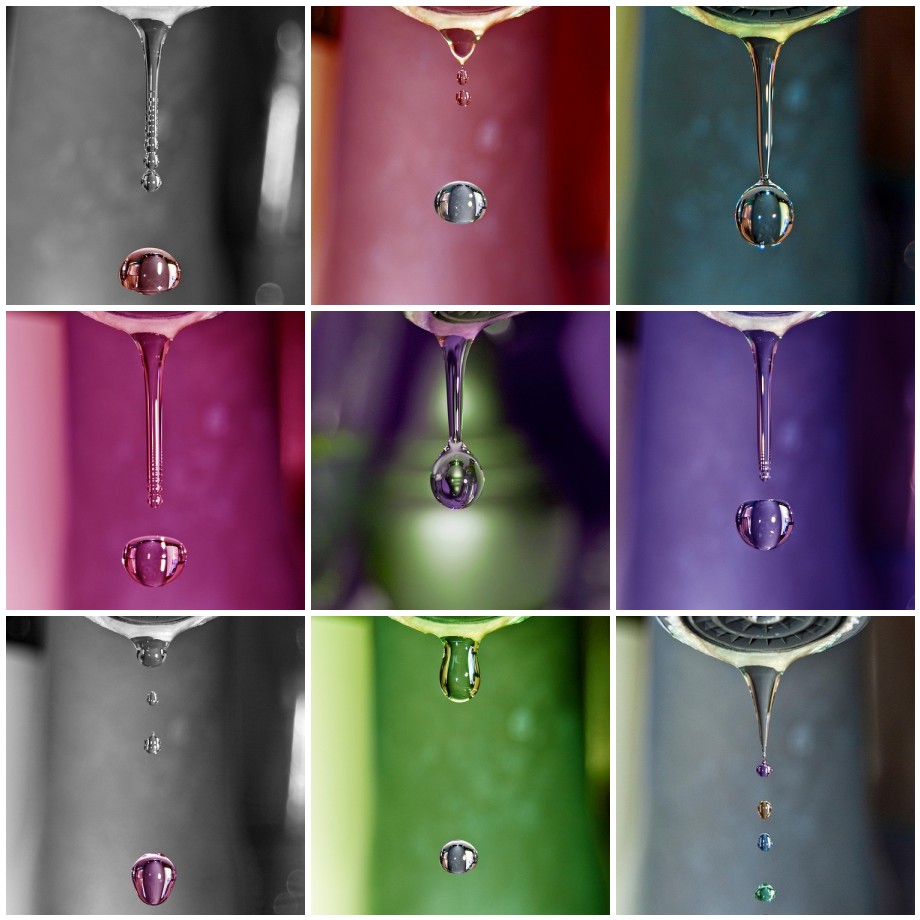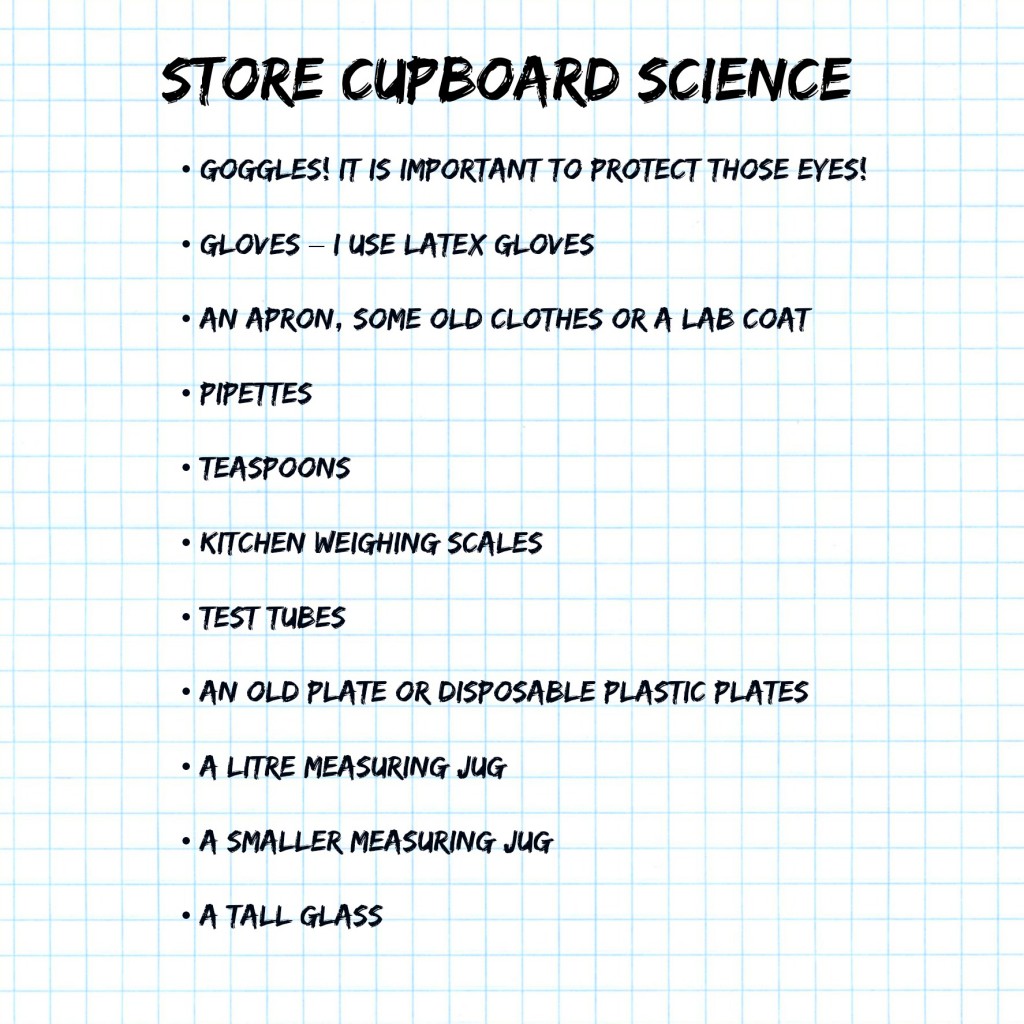What does the word ‘family’ mean to you? It can mean many things in our society. Some define family as a mother, a father and one or more children. For others, there don’t need to be children in the home for there to be a family. Where there are children, about three quarters of the parents will be married to each other.
In 2013 the Office of National Statistics, which is a government body which takes surveys on all manner of topics to help the government make policy (rules under which we all live), found that there were 18.2 million people living in this type of family. Many more of us have families which have a different make-up. For the purpose of the survey, a family is defined as people living in the same household.
However, as many of you will know, there are other ways in which we describe our family. There are children who have two parents of the same gender, there are children who have only one parent with whom they live, other children have guardians and live with aunts, uncles or grandparents.





